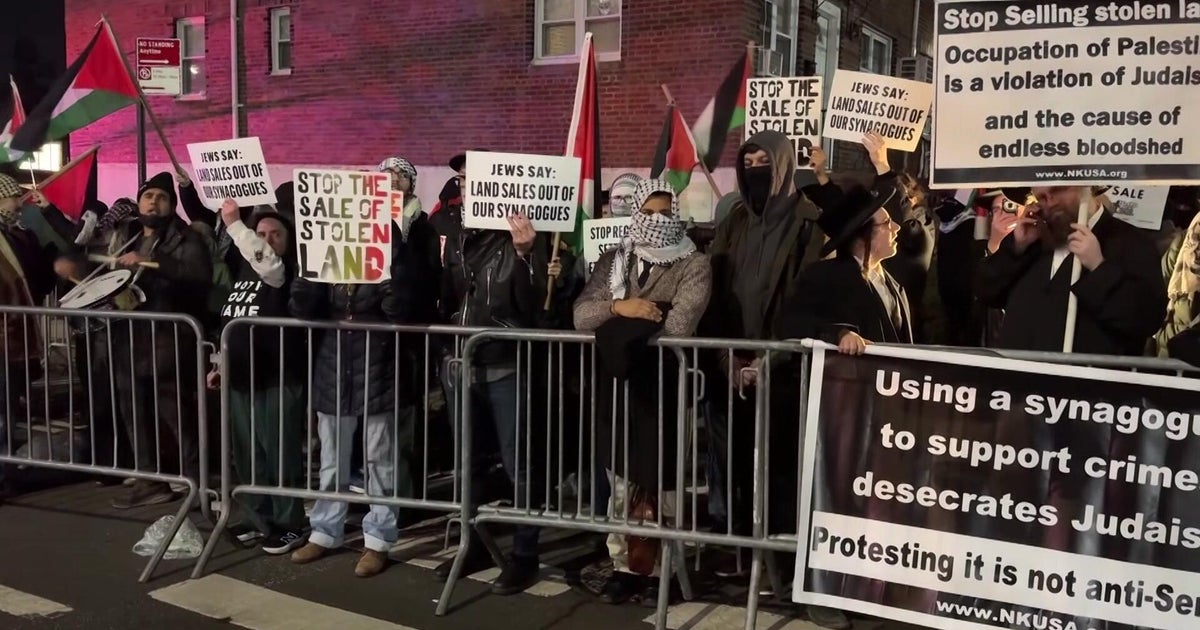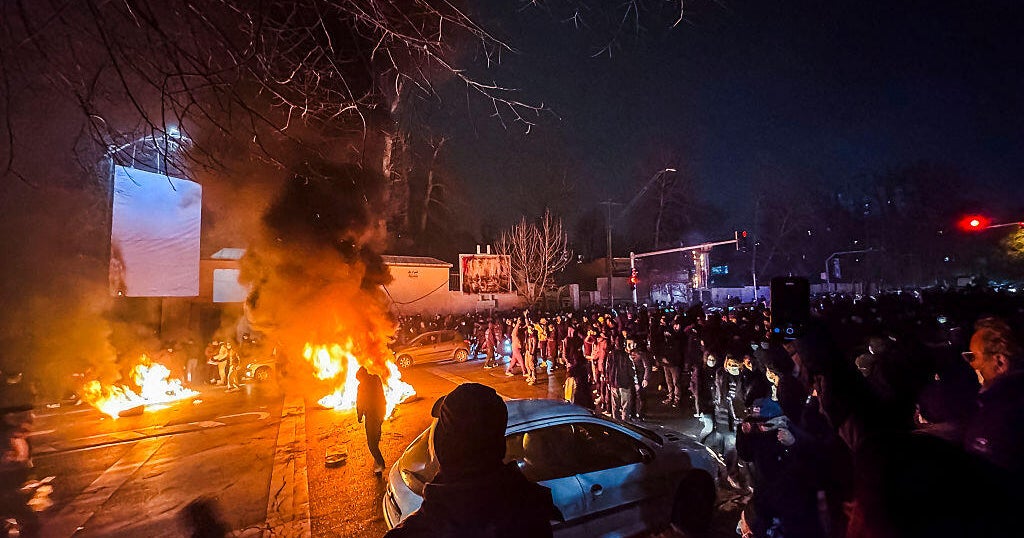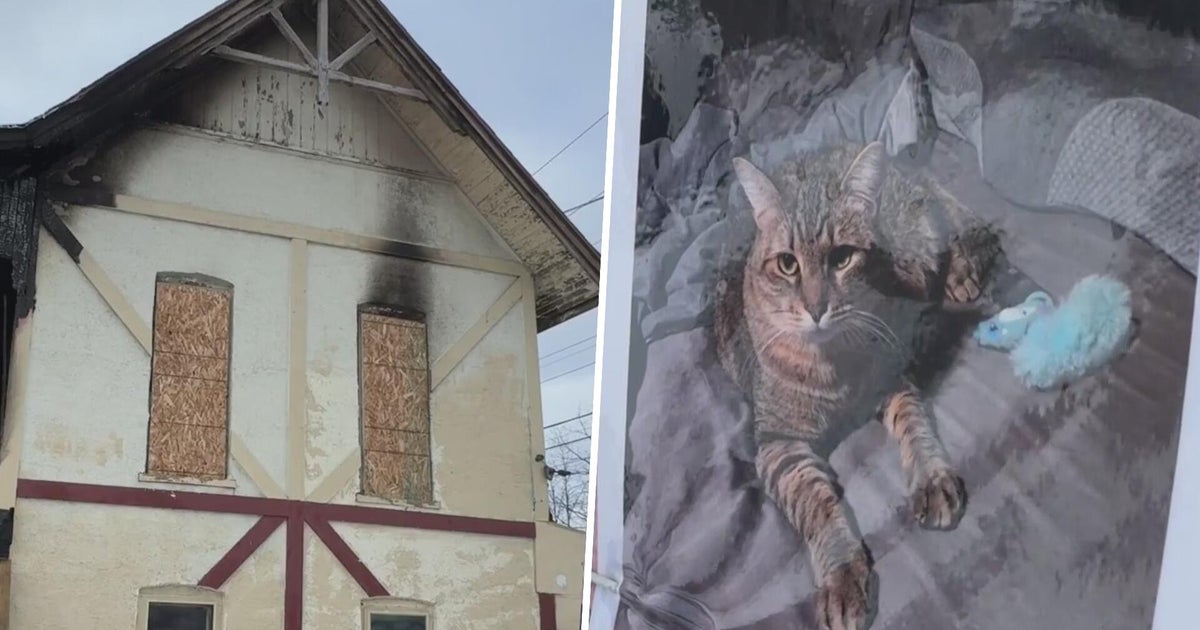Stranded American family faces uncertainty in war-torn Gaza
Amid the relentless conflict in Gaza, an American family is stranded, facing uncertainty with each passing day. Emilee Rauschenberger, her Palestinian-born husband Mohammad, and their five children are living through the harrowing reality of the region being torn apart, two weeks into the war sparked by Hamas' deadly terror attack.
"It's a bit of Russian roulette, going to sleep at night, not knowing when the next one is going to hit," Rauschenberger said, describing the family's nightly terror due to the ongoing airstrikes.
The family's options remain limited. While humanitarian aid begins to trickle in, the borders with Israel and Egypt are firmly closed, even to those in situations like Rauschenberger's family.
"There's just not enough political will for some reason to push for Americans in Gaza. If we're concerned about American life, it should be all American lives," she said. "There's no good reason we shouldn't be pressuring more to have this happen."
The family journeyed to Gaza intending a brief stay to visit relatives, including their kids' grandmother. "They have many uncles, aunts, and their grandmother here. We wanted our children to know them," said Rauschenberger.
However, their trip took a dire turn as the violent conflict erupted around them, trapping the family amid bombings and chaos. The children are frightened and full of questions.
"Like, 'When can we leave?' and 'Why is this bombardment happening to everybody?'," Rauschenberger said.
In Israel, officials say Hamas' attack killed some 1,400 people and wounded 3,500 others. The U.S. State Department said the death toll includes 32 Americans, and 10 U.S. citizens remain unaccounted for. Efforts to secure the release of hostages held by Hamas remain "ongoing," a State Department spokesperson said.
Currently taking refuge in an apartment building in south Gaza after evacuating their family home, the family is contending with more than fear. Essential resources are dwindling.
"Water started to run out on Wednesday after the conflict started. From then, you have to go out with water tubs and find sources of drinking water. The bread lines are very long. We have to stand a few hours or go to another locality to wait in those lines to find bread, which is really a staple food here," Rauschenberger said.
Despite the hardships, Rauschenberger tries to maintain a sense of hope. "This can't last forever. There has to be a brighter day coming," she said.






